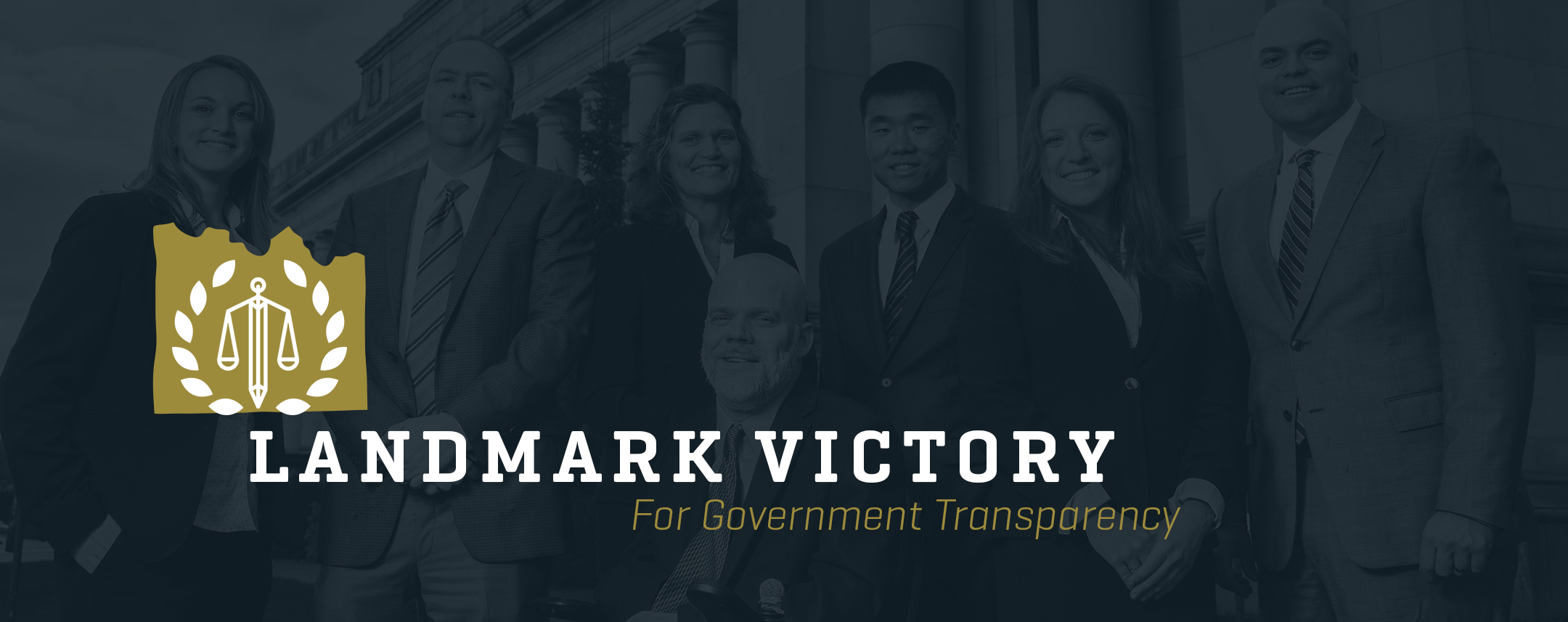Lincoln County, represented by lawyers from the Freedom Foundation, won a landmark victory for government transparency on Wednesday when the Washington State Public Employees Relations Commission (PERC) denied a pair of complaints alleging county commissioners violated state labor law by declaring last fall that all future contract negotiations will be open to the public rather than conducted behind closed doors.
Lincoln County thus becomes the first in Washington to codify its commitment to transparent collective bargaining and establishes a precedent for several other counties in the state mulling similar declarations.
The complaint, filed in November by Teamsters Local 690, claimed the board of commissioners was required to give ample public notice and allow time for debate before issuing its pronouncement.
The union also asserts the new guidelines represent a unilateral change to “bargaining conditions.”
But Jennifer Bradley, PERC’s unfair labor practices manager, dismissed the case, noting that, “The complaints do not contain sufficiently specific facts to support allegations of discrimination, unilateral change or refusal to bargain.”
The Teamsters can now appeal the matters to the Public Employees Relations Commission as a whole. If they lose there, they could file a lawsuit in court, but both options seem like longshots.
“There’s nothing in state law that prevents a local jurisdiction from making its contract negotiations public,” said David Dewhirst, litigation counsel with the Freedom Foundation, which represented the Lincoln County commissioners. “Most don’t, because they’ve been intimidated by the unions into doing this behind closed doors. But there’s no reason it has to be that way.”
Other Washington counties have discussed following Lincoln County’s lead, and hopefully PERC’s clear ruling will embolden them to do so.
The whole idea that we’re even having this discussion just goes to show you how upside-down the process in Washington has become. In a sane world, democratically elected governments would feel obligated to be as transparent as possible when it comes to negotiating with the taxpayers’ money.
Here it’s just the opposite. The default assumption is that a veil of secrecy is supposed to exist and when one small county dares to lift it, the Teamsters argue with a straight face that open government is somehow not in the public interest.
Lincoln is the first government body in Washington to open its public employee collective-bargaining negotiations to the public. Many other counties and municipalities are considering the same course of action.
With institutional and legal support of the Freedom Foundation, local governments can make this common sense reform and be protected from union reprisals.
Links:










